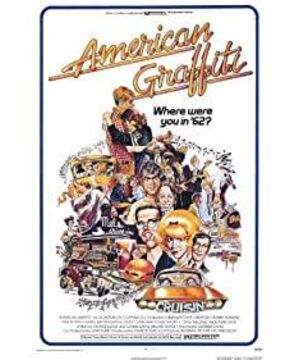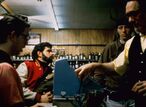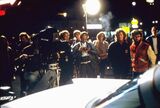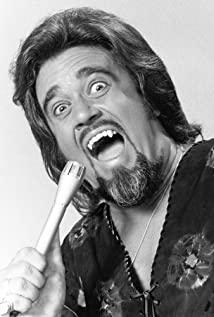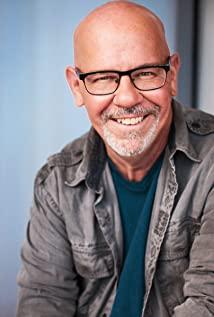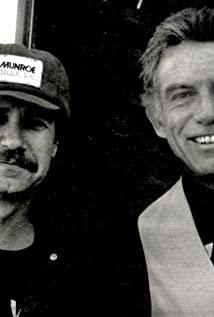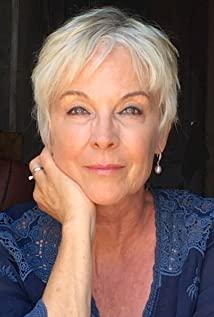The narrative of the film is also controlled overnight, interspersed with different time and space with the "werewolf" broadcast, and is supplemented by parallel editing to tell the road stories of four young men. There are several repetitions of music in the film. For the first time, I thought it was Elvis’ "love me, tender", and it also appeared in the opening and ending credits of David Lynch’s "My Heart is Wild". The second time I found out that it should be "the great pretender", the last encounter between Leslie Cheung and Faye Wong in "Love in Okinawa", and only then discovered that this song has taken the world by storm as early as the 1960s.
The entire film is a manifestation of the idealism of the creator, which is exactly the state of young Americans in the 1960s and 1970s. Anyone can make friends with strangers. Both friendship and love are "easy come easy go". One-night stand and love at first sight are both normal. John and the little girl jumped out of the car and sprayed glue on the girl's car and deflated the tires. They did not arouse the girls at all. On the contrary, they all enjoyed this crazy process very much. Maybe they molested John for this! For the second time, Curt kissed a strange girl in the car and even mentioned that opening a house was an extremely natural process. What surprised me more was that the two people who were still like glue a second ago, the girl said goodbye to Curt. It shows how open society was at that time.
Although the film has to a certain extent embarked on a linear structure that deviates from traditional Hollywood, weakening the scenes that can create tension. For example, a section of Curt stealing a car should be thrilling. There will be a big book in Hitchcock. Lu Cass just cut the experience with Terry lightly, effectively controlling the extension of the tension, and when he turned it back, Curt had already completed his grand career. However, no matter how new Lucas is, his "New Hollywood" work has not escaped the traditional Hollywood movie. The closed structure of "Happy Reunion" illustrates this point. When John was racing, I thought I would follow the path of the new wave. These anarchists would all die, and there were no casualties. Steve and his girlfriend were reconciled; Debbie didn’t put him down because of Terry’s “short and poor” Abandoning it is to give a kiss and plan to continue dating; the only thing that makes me feel hopeful to break this stereotype, Curt finally gave up dating Thunderbird beauty and followed the teachings of werewolves, but at the end of the film Thunderbird appeared. I made a perfect account of the love between the two.
I still prefer the 1960s and 1970s when the Vietnam War occurred, when Kennedy was assassinated, when the black movement was surging, and when various arts collapsed and rebuilt.
Can't write the end, so be it.
View more about American Graffiti reviews


